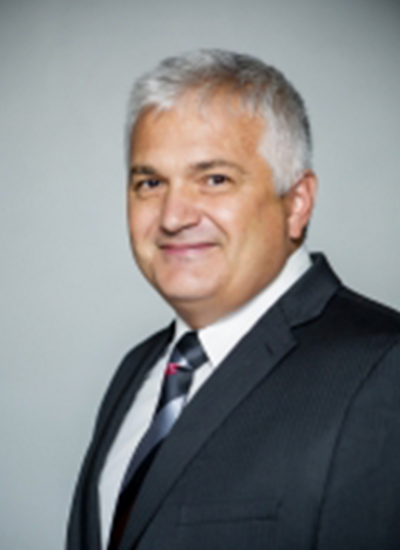Mechanical engineering
Dean, Craig M Berge - College of Engineering
Professor, Aerospace-Mechanical Engineering
Member of the Graduate Faculty
Professor, BIO5 Institute
Primary Department
Department Affiliations
Contact
(520) 621-6595
Eniko T Enikov
Professor, Aerospace-Mechanical Engineering
Associate Professor, BIO5 Institute
Primary Department
Department Affiliations
Contact
(520) 621-4506
Work Summary
Dr. Enikov's area of expertise is the design of micro-actuators, MEMS devices, and sensors. Ongoing projects include the production of Inflatable Drug-Delivery Stents through the process of Dynamic Stabilization of Electro-Spinning. The research will examine theoretically the feasibility of trapping charged fibers and will establish the required trapping parameters.



